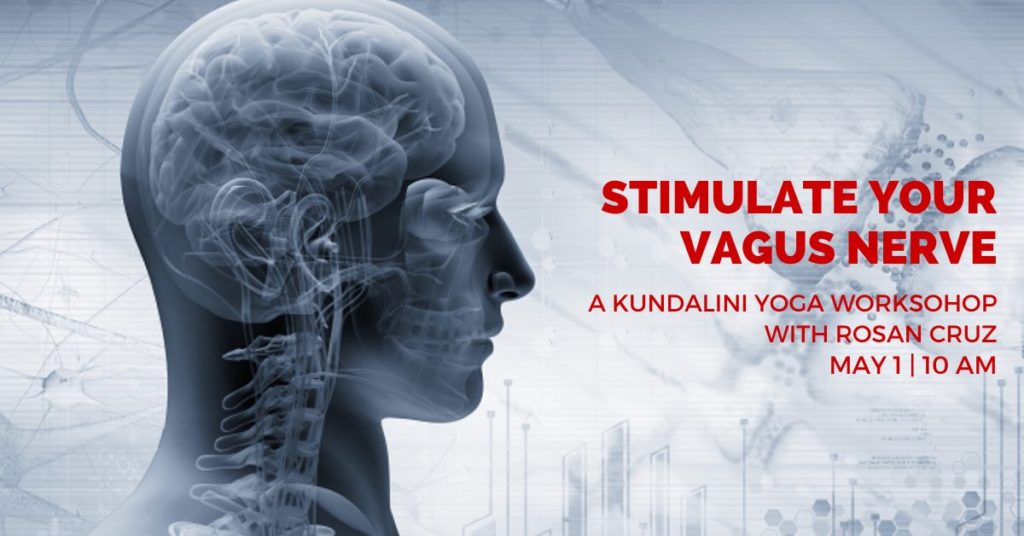How do you sleep? Do you sleep on your back or on one side? Your sleeping position affects the longest nerve in the body, the vagus nerve, which runs from the brain through the face, heart, lungs, abdomen, to colon. They say that if you feel like you’re getting sick or anxious or depressed, all you need to do is stimulate the vagus nerve, which you can do by sleeping in the proper position (not on your back!).
One of the primary and essential functions of the vagus nerve is that it acts as an anti-inflammatory. It keeps us safe from bacteria and viruses, physical trauma, and other invaders. Some of the common conditions related to high inflammation are Alzheimer’s, arthritis, asthma, cancer, diabetes, heart disease, high blood pressure, and high cholesterol. For anti-anxiety, the vagus nerve influences breathing and heart rate, reduces the heart rate and blood pressure, allowing one to breathe slowly and calm down.
Aside from anti-inflammation and anti-anxiety, stimulating the vagus nerve activity improves sleep, digestion, immunity, mood, emotions, and best of all, increases a sense of trust and compassion, acceptance, and joy.
According to the author of Enlightened Bodies, Jappa Kaur Khalsa, research has revealed that, “Participants with higher vagal nerve activity expressed higher feelings of altruism, love, and happiness. “ She said this is because the nerve influences communication, heart rate, and its ability to trigger the release of oxytocin, a hormone responsible for feelings of bonding and connection.
If you sleep on your back, it will harm your vagus nerve function.
The vagus nerve travels from the brain to the neck to the other organs of the body. On your back, the airway is more likely to close as the tongue can fall back due to the pull of gravity. It is crucial to keep the airway open for breathing. Sleeping on one side (right side preferred) will increase vagus nerve activity. It is best to put a pillow between your knees to keep you on one side.
And of course, practicing Kundalini Yoga with all the chanting, singing, whistling, neck lock, eye-focus, and doing the asanas can also help stimulate the vagus nerve.
(And yes, this is the plug – but after learning about how valuable the vagus nerve is, wouldn’t you want to find out what more you can do?)

Learn more about the vagus nerve and how to stimulate it to improve your physical and mental health and social interactions by joining this workshop on May 1 from 10:00 am to 12:00 noon.
In loving service,
Rosan



July 2023 I have been on vagus nerve dysfunction since 2015, with beginning rectal pain led to canal syncope then loss of weight muscle fat mass, leading 2017 near death.
I have searched symptom queries due to lack of direction from physician care.
I came upon this knowledge on your sit
So recently an wanted to share how much I appreciate your wisdom.
Always was stomach sleeper,then gradual side, then last few years health, back! Because of your wisdom, my journey is so much better, I have also had hostel hernia, and the diaphragm complicated everything!
But now I rest easier on right side because I know my vagus nerve is receiving better care.
My breathing easier, my anxiety has improved.
My vagus nerve is still needing help in peristalsis movement.
Doctors should all be about treating the vagus nerve and being more watchful on signs and treatments for its care.
My journey is now about strength hope, and believing in my future.
I am 73, and living again.
Keep prompting people in this world, even sleeping on your right side IS a game changer.
Peace to your day!!
Louise